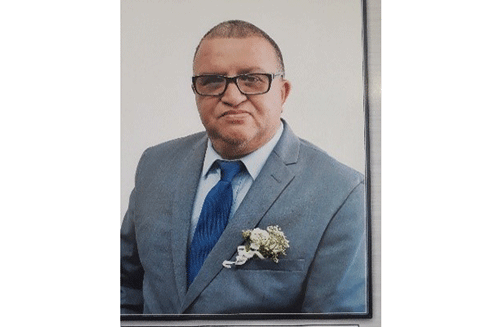Where do we begin in building a diverse community – church family? As children, we sang,
“Let it begin with me”. The words roll off our tongues easily, but they are words we need to examine – and to live daily. The first thing you find in the Book of Matthew is a list of names, Abraham was the father of Isaac, Isaac of Jacob, Jacob of Judah – the names go on until the genealogy of Jesus is established. Think about our own family.
Try to go back for generations, listing names and birthplaces. Are your relatives of European, African, Native American or Asian descent? How and why did they come to this country? Most of us will find diversity in our family trees.
This is the first lesson in establishing a deeper understanding of cultural diversity. Host a potluck and ask people to prepare favourite family recipes. Share the origins of each dish and its cultural or familial significance as a community and church members to share their spiritual journey in small groups, or establish a personal profile sharing series. You’ll be surprised at the diversity within your own community and church family, a group you thought you already knew.
Prejudice is literally pre-judging, making a judgement before you understand. A church community may hold several harmful prejudices, and truly not be aware of them.
As we work to strengthen on church’s cultural awareness, we must know the community’s basic assumptions and prejudices. Sometimes it is helpful to bring in an outside programme to guide you through this process.
The isolated racial group changes as we move from community to community – one community distrusts African Americans and another Southerners. The group may change, but the suspicion and the damage remain constant.
A truly diverse community incorporates all of God’s people, black, brown, beige, and white, women and men, young and old, poor and rich, the blind and the lame, those with leprosy, those with different religious beliefs or sexual orientations – all are part of God’s family. Which of these from a community would we not welcome in our church family? If you believe we are all God’s children, you must stand on that principle, even when it’s easier not to.
A friend moved recently to a senior housing development and visibly, be blended in. Not long afterwards, he attended a gathering, where he heard some of his new friends make ugly racial slurs. He promptly interrupted and told his friends he would leave if they continued to talk that way. His neighbours were surprised that he would speak out, even when there was no one present from the disregarded racial group.
That small but brave move demonstrated his commitment to the belief that all of God’s children should be regarded with respect even when they are not present.
In sum, therefore it begins this day and every day in the same place – it begins with me, and with you and with each one of us, a part of the great body, together we can build a strong foundation that will celebrate the diversity of all God’s people.
While nothing else may be certain, one thing is: We cannot solve our racism on our own. Most of us can’t even recognise it or admit it. That is where the church’s rapidly expanding racism training comes in.


